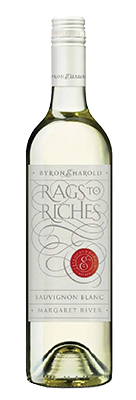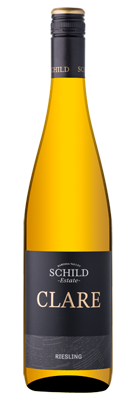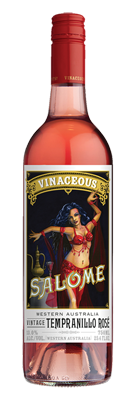Filter by
- A classic Aussie of flavour, and personality. Bonza in name and nature. More Golds for this vintage!$19.00 RRPfrom $12.99 when you mix 12+
- Rich, velvety red, brimful of luscious black fruit – a Portuguese triumph, always impressive value.$28.00 RRPfrom $19.99 when you mix 12+
- New vintage of a ripe Chardonnay favourite from the Mediterranean-like vineyards of McLaren Vale.$20.00 RRPfrom $15.99 when you mix 12+
- Gold medal Chardonnay from Limestone Coast vineyards and the ever reliable, 5-star Angove family.$22.00 RRPfrom $15.99 when you mix 12+
- "Fabulously aromatic" (Wine Orbit) Margaret River Sauvignon with several high point scores.$32.00 RRPfrom $27.99 when you mix 12+
- $18.00 RRPfrom $12.99 when you mix 12+
- Velvety red from a Portuese legend! Once a crazy idea, now a seven-time medal-winning favourite.$28.00 RRPfrom $18.99 when you mix 12+
- A rich and very attractive and exclusive, Gold-medal Limited Release McLaren Vale Shiraz.$25.00 RRPfrom $14.99 when you mix 12+
- Delicious follow-up vintage of this Jim Barry Coonawarra Cab exclusive, the '21 won Gold on debut!$35.00 RRPfrom $24.99 when you mix 12+
- Multi Gold-winning Barossa Shiraz from always impressive Elena Brooks.$40.00 RRPfrom $29.99 when you mix 12+
- A fruity and grassy-fresh, frequent Gold-winning Marlborough Sauvignon from a pioneering estate.$25.00 RRPfrom $21.99 when you mix 12+
- With Gold and several scores of 94 and 95pts, this offers "Excellent drinking" (Halliday).$65.00 RRPfrom $49.99 when you mix 12+
- New exclusive Riesling, with a Gold already, from one of Australia's oldest family owned wineries.$25.00 RRPfrom $19.99 when you mix 12+
- Another quacking Aus-meets-Italy rosé, a favourite from 'Grape Whisperer' Sam Trimboli.$18.00 RRPfrom $12.99 when you mix 12+
- A rich, velvety Cabernet with shiny Gold again... we prophesy that you'll LOVE this exclusive red!$42.00 RRPfrom $19.99 when you mix 12+
- Oak-aged Tempranillo, brimful of fresh berry and spice. An easy going, top value red from Spain.$19.99 RRPfrom $12.99 when you mix 12+
- Bright, excellent value Chianti from award-winning maestro Paolo Masi.$30.00 RRPfrom $21.99 when you mix 12+
- A 95pt Clare Valley Riesling from Barosa's Schild Estate, "brilliant clarity and poise" (Wine Orbit)$30.00 RRPfrom $25.99 when you mix 12+
- A refreshing, crowd-pleasing, light South Australian Moscato, great for lunchtime sipping.$16.00 RRP$11.99 when you mix 12+
- A gorgeous aromatic, Adelaide Hills Gris with pear, Granny Smith apple, lemon, lime zest & lychee!$30.00 RRPfrom $24.99 when you mix 12+
- Generous, silky Elderton Barossa Shiraz of great elegance and balance.$44.00 RRPfrom $24.99 when you mix 12+
- Enjoy silky, bright berry fruits and lightly toasty oak notes in this elegant Rioja Crianza$32.00 RRPfrom $21.99 when you mix 12+
- Alluring 90pt, Great Value Tempranillo rosé from the dynamic Vinaceous Wines.$22.00 RRPfrom $18.99 when you mix 12+
- Elegant, good-looking rosé from cricket legend Ricky Ponting and award-winning winemaker, Ben Riggs.$25.00 RRPfrom $23.99 when you mix 12+





























